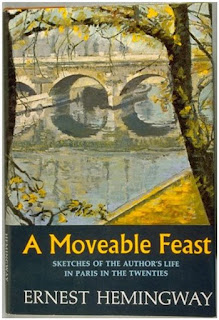The Book of Illusions

Paul Auster combines the picaresque novel and the metafictional novel in this engaging, and disturbing work, The Book of Illusions. Like Mr Vertigo , it is a story of an extraordinary life journey; that story is the tale of the fate of a one-time Hollywood star of the (silent) screen, Hector Mann. Through a series of echoes related to loss and death, the storyteller (Professor David Zimmer) researches the life of Mann. Along the way, Zimmer meets Mann’s biographer and thus Mann’s story is integrated neatly within Zimmer’s narrative. Writing about writers is Auster’s special talent and Auster’s chief technique of story-telling, introduced to us with The New York Trilogy so brilliantly, and continued with variations in (for example) the writer in Oracle Night . In this case, The Book of Illusions plays with text on a variety of levels, including the story of Zimmer’s life, the story of Mann’s life, the narratives of Mann’s films, and the biography of Mann as relayed to Zimmer by hi...
